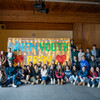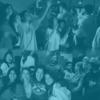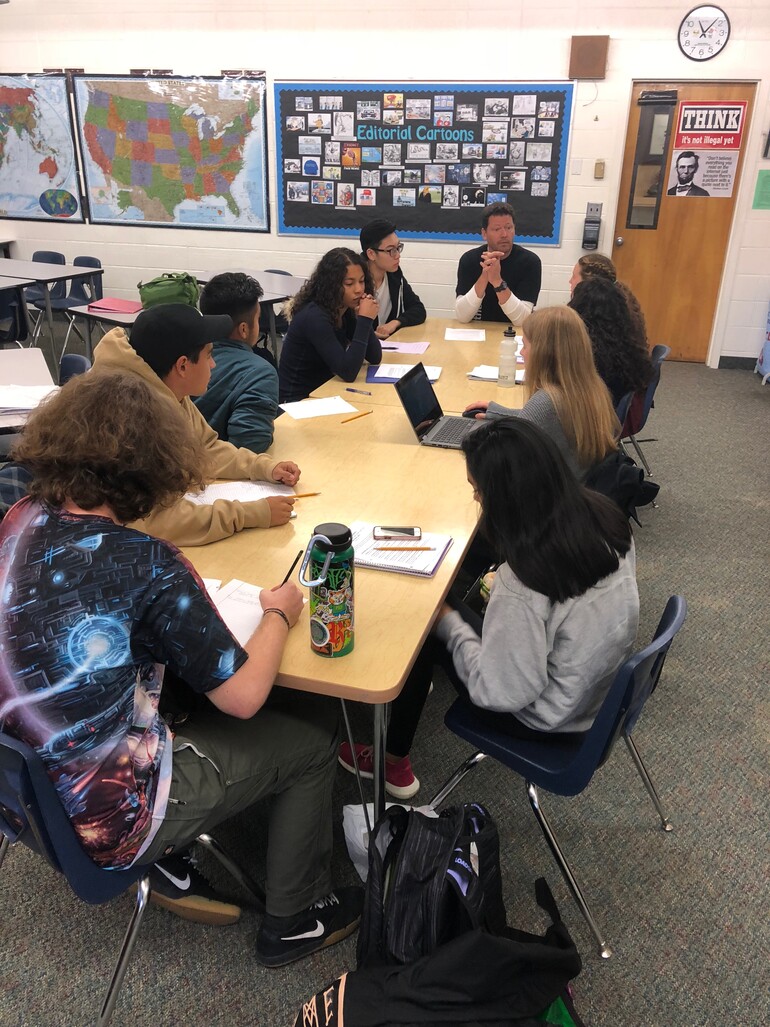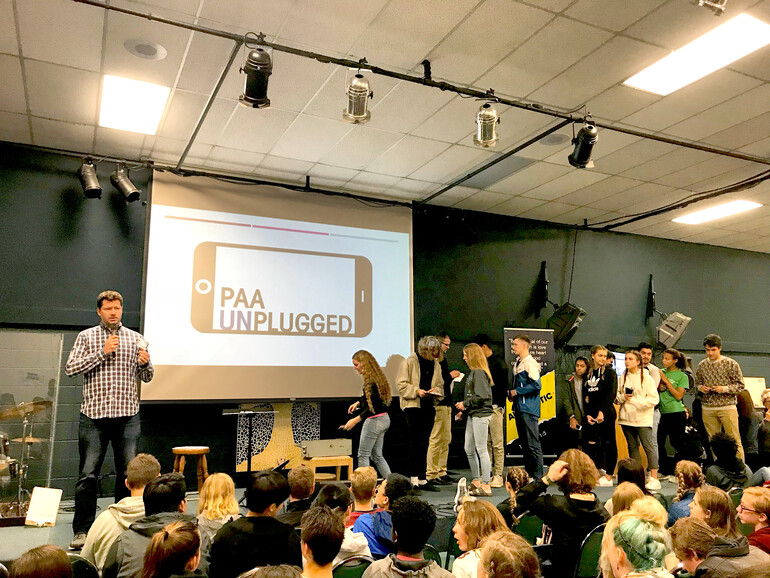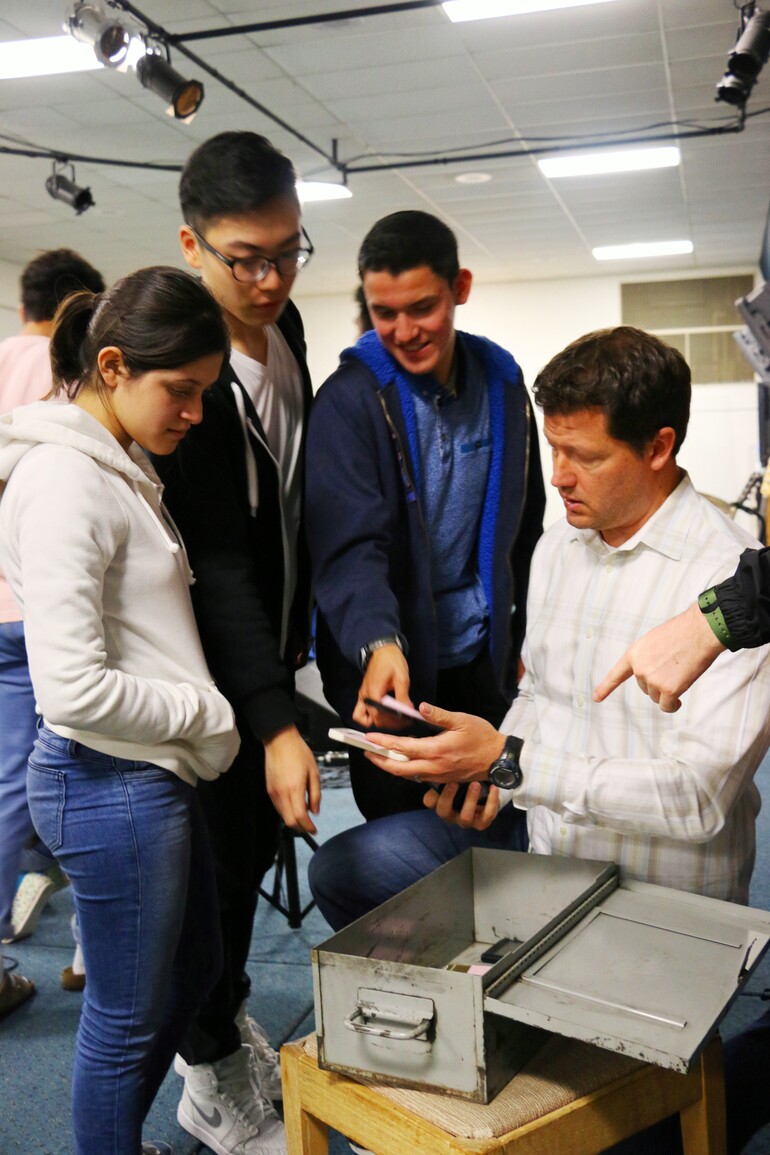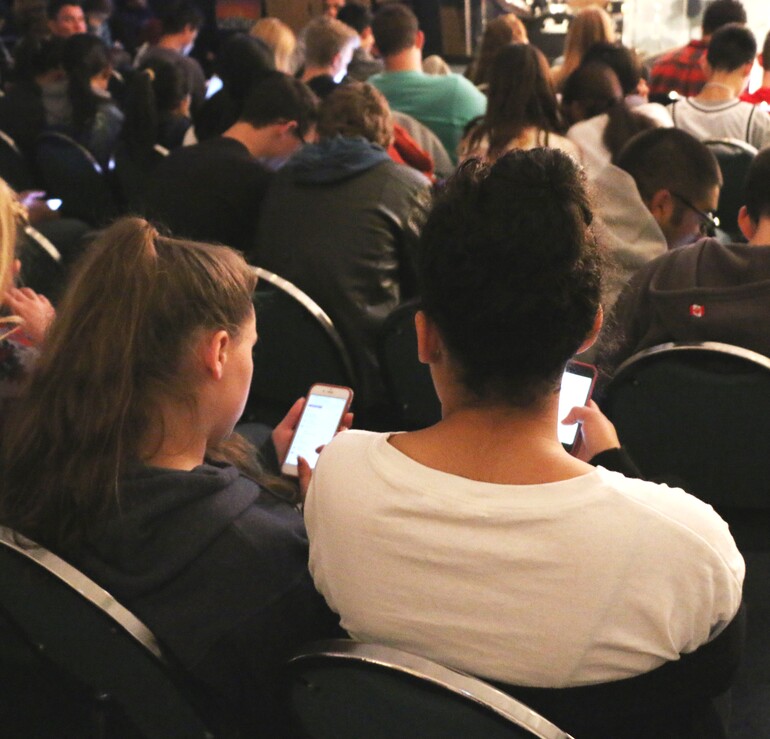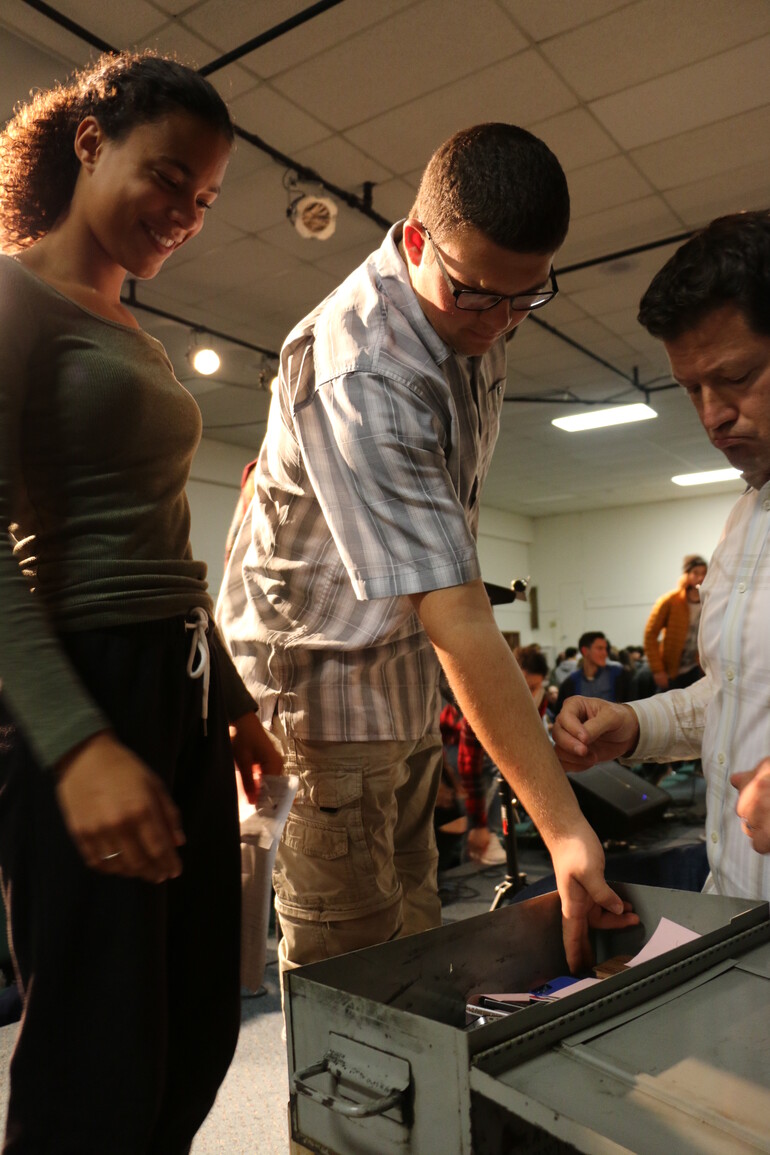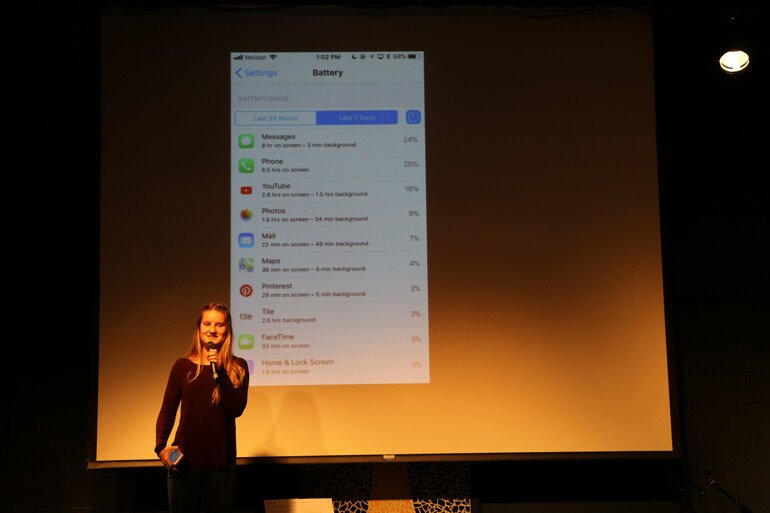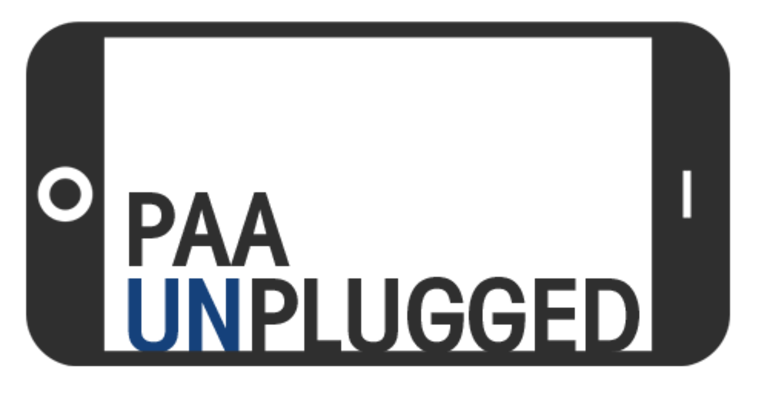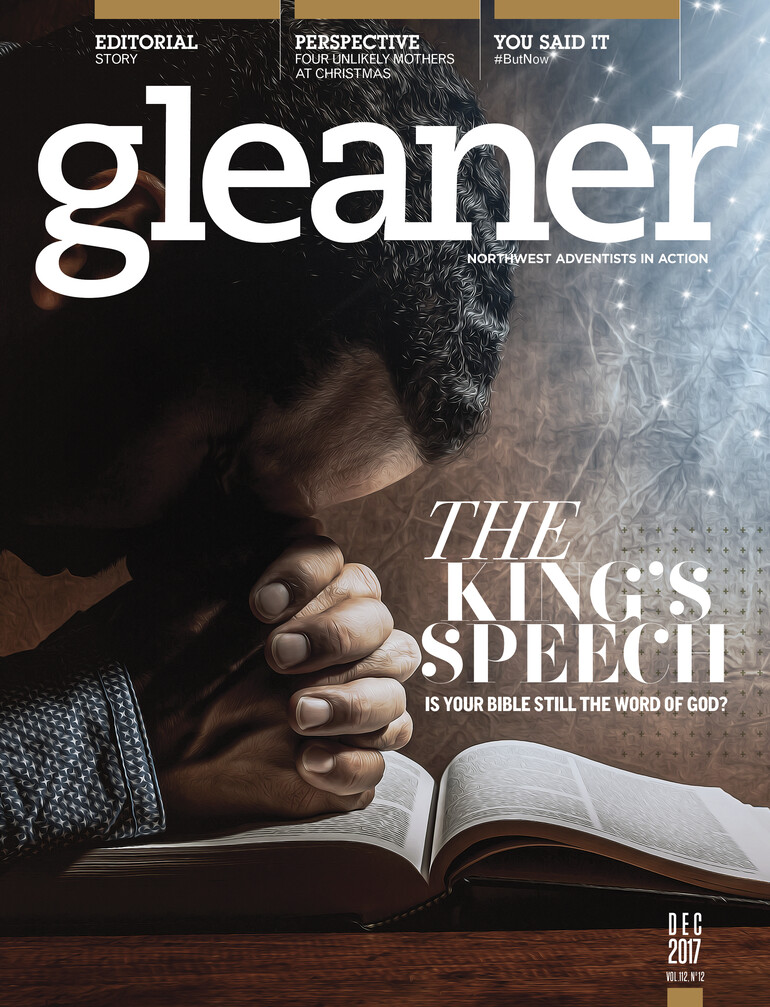Portland Adventist Academy media and persuasion (MP) students are asking tough questions about how screens are shaping their generation and how they can be different.
As digital natives, most teenagers don’t know a life without convenience and entertainment at their fingertips. But to examine their media habits, the MP students, all seniors, chose to fast from screen-media for four days. They called their project-based learning (PBL) “PAA Unplugged.” More than 40 students and staff participated.
The PBL assignment began with researching on the pros and cons of media; they paid special attention on the problems of over-consuming media. Students conducted personal screen-media audits to assess their habits. Later, they collaboratively designed the guidelines and rules around PAA Unplugged.
Sean Kootsey, PAA MP teacher, was impressed by the students' careful and creative planning. “Our media fast had a far-reaching effect not only on these students, but on parents, on us as teachers and the entire PAA community,” says Kootsey. Teachers supported the fast by accommodating students not able to use email or computers. Parents and siblings served as alarm clocks and messengers. Nonfasting friends and family agreed to keep their phones out of view.
“The hardest part for me was planning on how to get home after school,” says senior Shaianne Willis-Brown. “I had to communicate through my sister for rides home.”
While logistics were cumbersome, planning was revealing. Leading up to the fast, a self-audit showed that the collective average of time spent on screen-media was eight hours per day on nonschool-related media use; that’s just one hour less than the national average.
Why does this matter? Recent research finds that more than any generation previous, teens are experiencing severe anxiety, depression and addictions directly related to their screen consumption.
“There are endless studies, documentaries and experts that discuss and analyze media exposure and usage and its effects on us,” says Kootsey, who is proud of his students for taking the PBL to a deeper level. “They could have simply removed screens for the ‘shock value.’ But they focused on ‘filling the void’ by proactively planning positive things to replace screen time and by bringing awareness to the issue as leaders in our PAA community.”
Kootsey believes Adventist education has something unique to offer. “In The Message Bible,” adds Kootsey, “Romans 12, verses one and two, says each of us are challenged to not ‘become so well-adjusted to your culture that you fit into it without even thinking. Instead, [to] fix your attention on God.’ Our school exists to provide experiences that build Christ-centered and character-driven young people.”
PAA Unplugged is one of those experiences. “I loved the fast, and I want to do it again, even by myself,” says Willis-Brown. “I loved feeling free of distractions in my life.”
“One of the greatest benefits I found was how much easier it was to fall asleep at night because my brain had already had time to process my day,” says Steve Lemke, PAA Bible teacher. “I’ll definitely be doing this again.”
Most Sabbaths, PAA Spanish teacher Rita Barrett fasts from all media. But participating in PAA Unplugged for four straight days helped her see her need for better media boundaries. “I do like to see what other teachers are doing [on social media], but I need to spend less time reading about their successes and enjoy the successful relationship I am building with my own students through the Spanish language.”
Even in a time without screens, Jesus showed us the value of unplugging. He retreated from the crowds and His work to refocus and recharge. “It is my hope,” says Kootsey, “that the contrast of these four days helped each of us to assess what we are focused on.”
For the full PAA story with photo gallery, go to the PAA website.
Tons of Others Research Used in Class:
- Common Sense Media: US Teens Average 9 Hours of Media a Day
- The Atlantic: Have Smartphones Destroyed a Generation
- New York Times Magazine: Why Are More Teens Suffering from Anxiety?
- 60 Minutes: Brain Hacking
- Interview with the Director of the film "Screenagers"
- PBS Frontline: Generation Like
- Book: Glow Kids: How Screen Addiction is Hijacking Our Kids
Links to more information:
